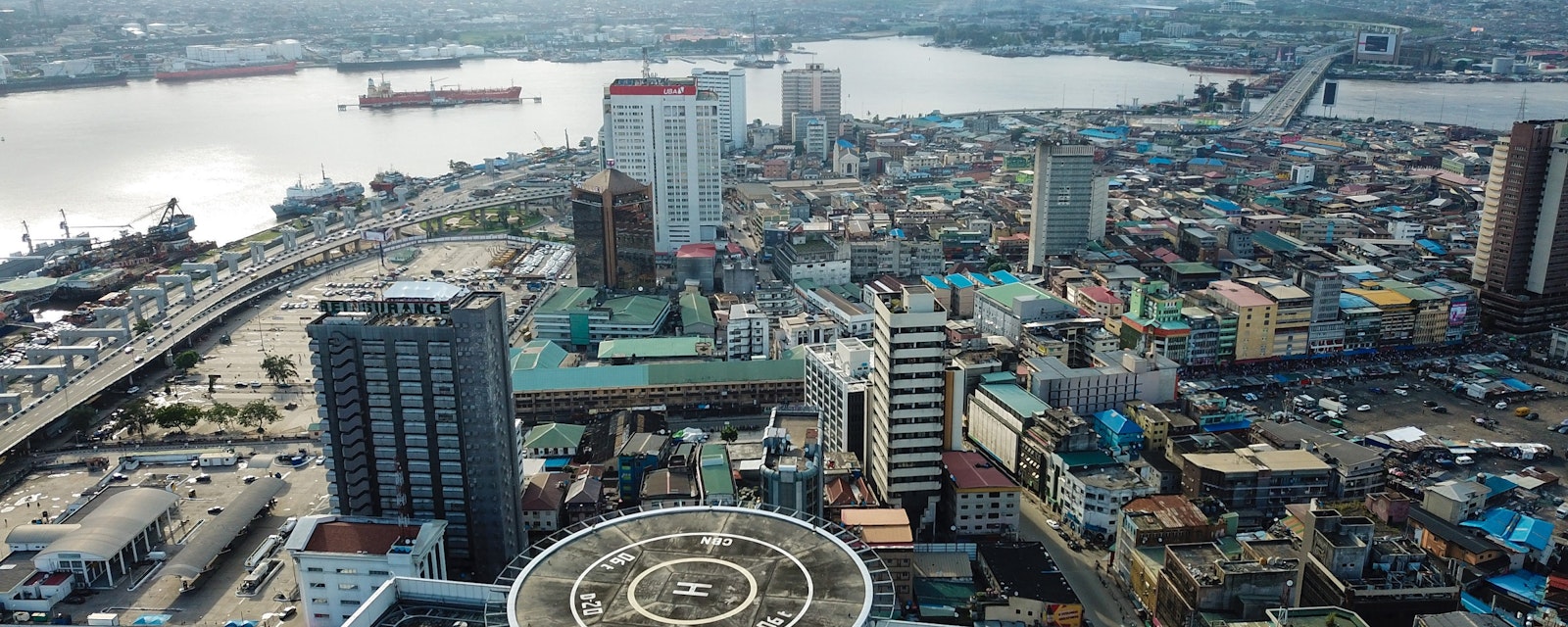During a foreign-press briefing on 22 March, Finance Minister Zainab Ahmed announced that the government had abandoned the official exchange rate and would instead use the market-based Nigerian Autonomous Foreign Exchange (NAFEX) rate. Although this would constitute the third de-facto devaluation in a year, Nigeria will not go so far as to let the currency float. This was made clear by Central Bank of Nigeria (CBN) Governor Godwin Emefiele on 23 March in remarks somewhat contradicting Ahmed’s statement.
By aligning its multiple exchange rates, Nigeria would fulfill a key requirement set out by the World Bank (WB) as a precondition for a USD 1.5bn loan. However, given the dire macroeconomic picture, the government will likely continue to stall abolishing the notorious fuel subsidy, another key demand by the WB and the International Monetary Fund (IMF).
The NAFEX rate has traded at an average NGN 410 per USD 1 this year, while the official exchange rate has remained at NGN 379. Zainab’s announcement implies that the government will use the NAFEX rate when converting oil and gas proceeds into naira, which – coupled with the 50% oil price rally over the past six months – would provide a major boost to government revenues. In fact, this practice, now official, has been going on for some time already. However, during a press conference following today’s monetary policy committee meeting, Emefiele was eager to emphasize his organization’s supremacy in all exchange rate-related matters. In particular, Emefiele, while implicitly acknowledging the devaluation, pointed out that the exchange rate would continue to be a managed float, rather than being determined by the market. In reality, the CBN is the dominant player in the NAFEX market and, as such, will maintain a high degree of control over FX liquidity as well as future exchange rate movements in this window as well.
While the devaluation will certainly buy Abuja some goodwill with Washington-based lenders, it is doubtful that the government will swiftly move to also axe the notorious fuel subsidy. This may be the final hurdle in negotiating the WB loan, which has been in the works since April 2020. In fact, inflation surged to 17.3% in February and would certainly see another major spike if a devaluation were coupled with fuel price increases. Meanwhile, official unemployment jumped to a record 33.3% in Q4-2020, up from 27.1% in Q2. Furthermore, as analyzed previously, the security situation is deteriorating, with incidents of armed banditry and kidnappings on the rise nationwide, while the middle class remains agitated following the #endSARS protests. Bearing in mind that President Muhammadu Buhari’s government has an infamous preference for statist macroeconomic policies to begin with, any major reform moves that would increase short-term hardship appear particularly costly against the current domestic backdrop.




